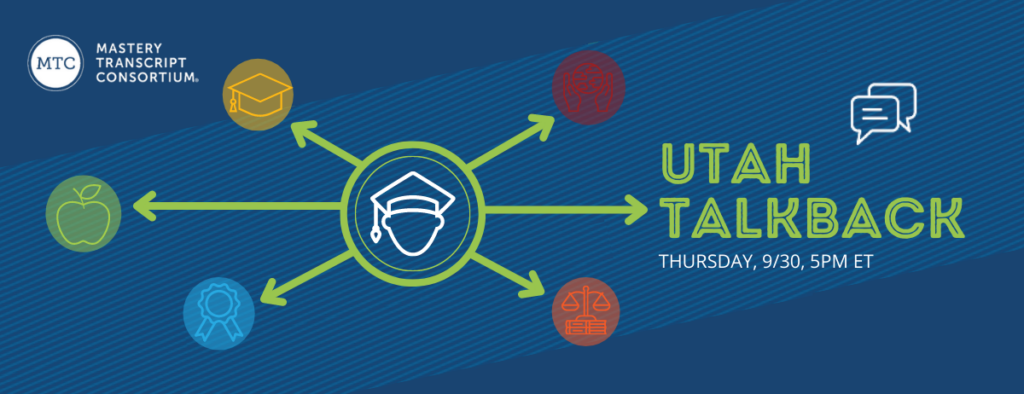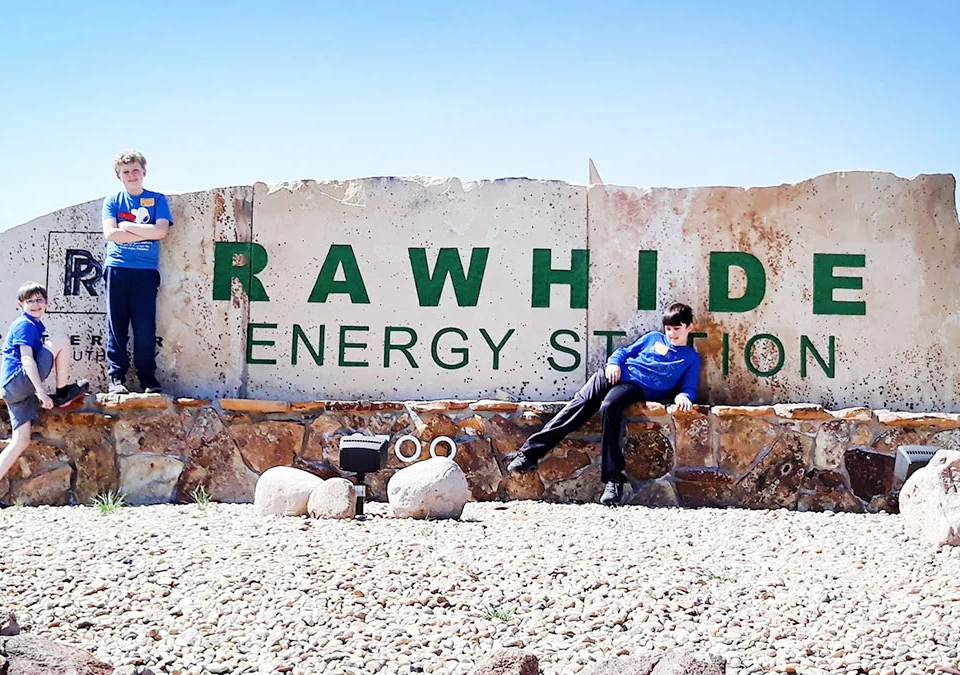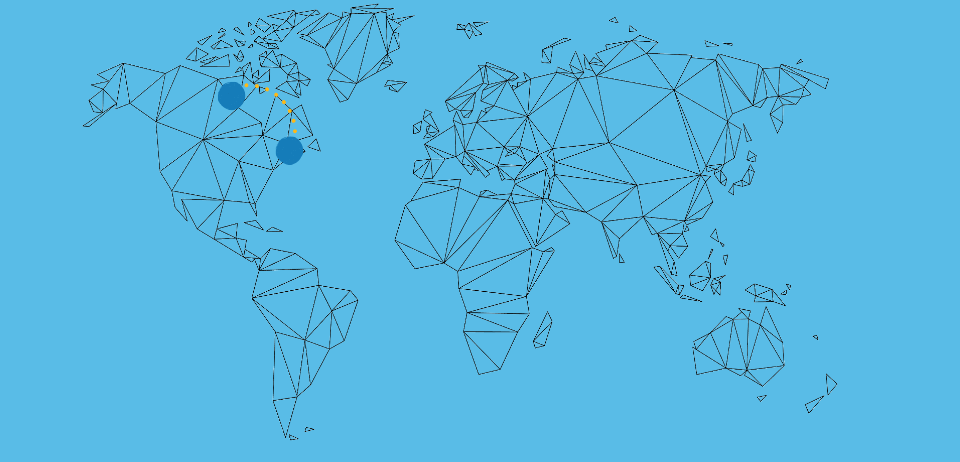Already a member? Log in to the Member Site at members.mastery.org.

Learning from Student Work: Implications for Mastery Learning at Phillips Academy
August 31, 2021
Parent Perspectives on Mastery Learning
January 25, 2022Demystifying Mastery Learning: A Conversation with Utah Educators
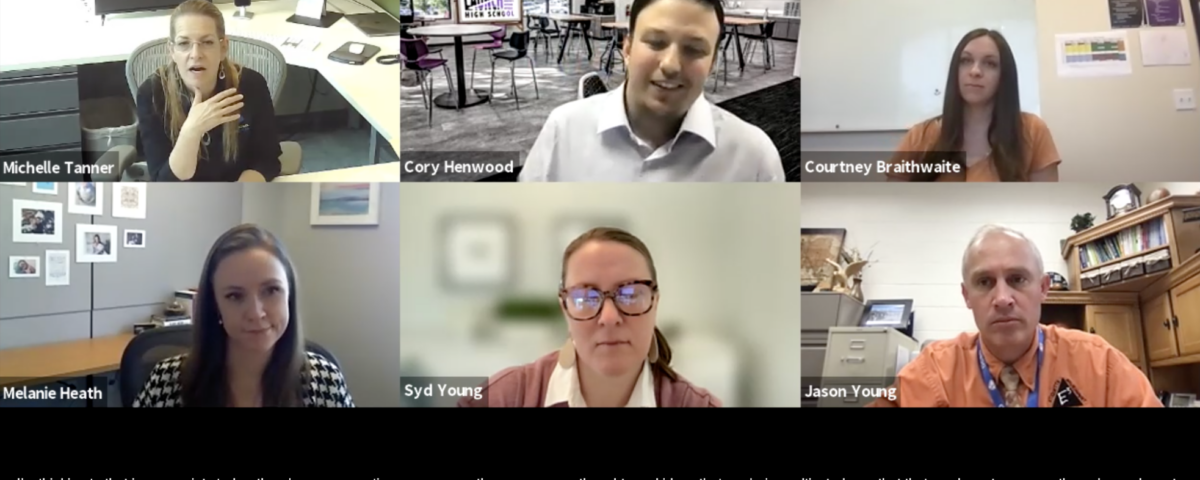
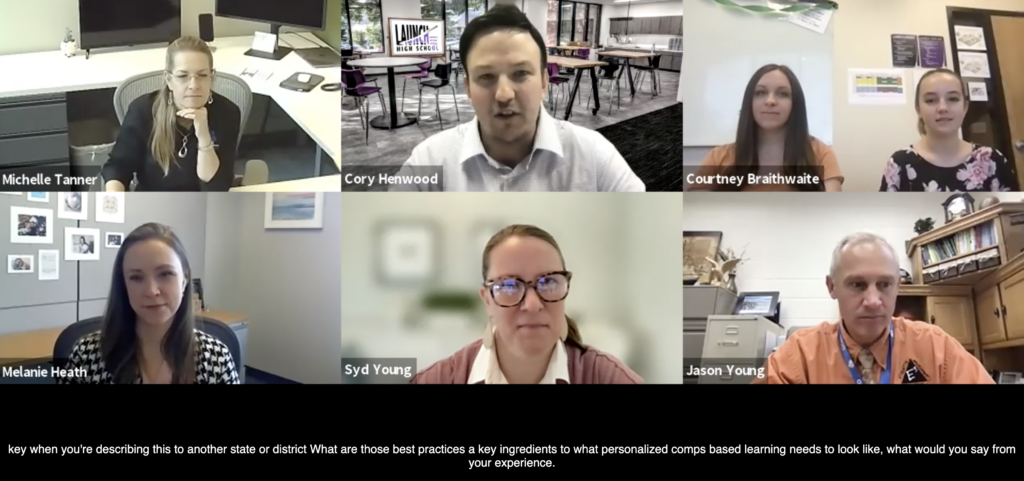
“The intentional collaboration among the systems from K-12 all the way to higher ed and the organizations overseeing them has been instrumental to the widespread adoption and success of PCBL in our state,” says Melanie Heath, Associate Commissioner for Strategic Initiative and Access for the Utah System of Higher Education. “Rather than having to push against the system, schools are being supported at the State level. Utah is committed to PCBL even mandating that its universities accept Mastery Transcripts and that has made a huge difference in the success of its implementation.”
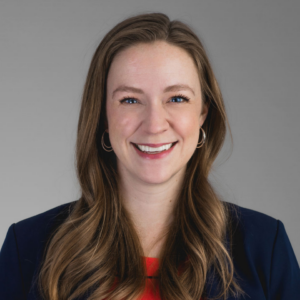
Associate Commissioner for Strategic Initiatives and Access for the Utah System of Higher Education
In 2019, the Utah State Board of Education (USBE) approved its innovative Portrait of a Graduate learning model which identifies the ideal characteristics of a graduate after going through the Utah K-12 system. That same year marked the beginning of our transformational partnership with Utah state through a grant subsidy for about thirty schools to join MTC. This program is just one of many hallmarks of Utah’s unique approach to learning, as one of the few states in the nation to legislate a statewide mastery-based system known as Personalized Competency Based Learning (PCBL) for its schools.

Innovation Director, Iron County School District
“The competency based model has really shifted what it means to be ready for post secondary learning in Utah,” continues Melanie Heath. “College readiness has traditionally been narrowly defined for a long time, but Portrait of a Graduate has allowed a more holistic look at the skills that would make a student successful in a post secondary setting. It’s really changed how students and teachers look at what it means to be college ready.”
The prioritization of PCBL in the state has neither been simple nor easy, but well worth the effort. Utah has a very diverse population, with an education system serving the needs of students from rural, suburban and urban locations, indigenous communities, and numerous schools serving specialized communities.
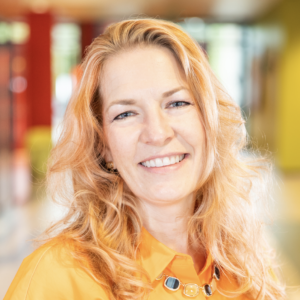
Associate Superintendent of the Deaf, Utah Schools for the Deaf and Blind
“Most of our students are already on Individual Education Plans (IEPs) so the shift to personalized learning was easy as education here has always been centered on the needs of the individual,” comments Michelle Tanner, Superintendent for the Utah School for the Deaf and Blind. “What did change for us was a shift in focusing more on the students’ strengths rather than their deficits, allowing us to really see the whole child. That was huge.”
In other schools, the shift wasn’t so simple.
“Our school took a whole year to prepare our curriculum and classes for the switch to true Competency Based Learning,” says Courtney Braithwaite, Teacher at Launch High School. “We wanted to have the materials and programs in place to support the needs of varied learners, their achievements and interests. And while there was definitely an adjustment period, it was well worth it.”
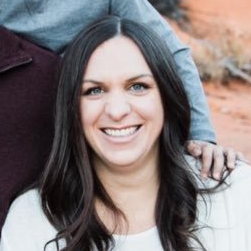
Math Teacher, LAUNCH High School
Most Utah educators agree that what made the transition easier was the framework and leadership that came from the State Board of Education all the way down through the districts and school administration. Numerous meetings were held to provide support to educators on the new program – what PCBL was, how to implement it successfully, what the benefits are – and the support has been continuous and ubiquitous at all levels. MTC is proud to be a mainstay in this support system, and mining lessons learned for ongoing partnerships in Utah and other states advancing mastery learning.
And while there have been many who’ve doubted the practicality of PCBL, there are too many signs that point to the opposite. The COVID pandemic alone has brought to light how beneficial PCBL can be and why it is superior in so many ways to traditional learning models. It allows for the development of pathways for students of varied learning speeds and levels. It enables educators to adapt and pivot for the personal needs of each individual student. COVID has shown us that PCBL is a highly adaptable learning model well suited for an ever changing, unpredictable world where how we define success and learning has had to change.
Competency Based Learning has really created a whole new mindset when it comes to learning in Utah. As educators and learners grow accustomed to this new way of learning, the benefits over traditional learning become more and more apparent.
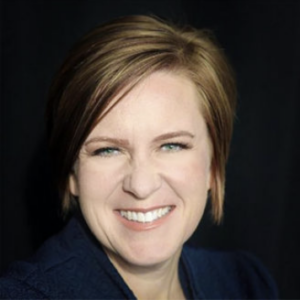
Director of Teaching & Learning, KnowledgeWorks
“Conventional education was set up for sameness and compliance. This was valued in the industrial era, but it’s no longer what our world demands or values,” says Syd Young, former Education Specialist at the Utah State Board of Education. “Life skills are just as important as academics and they need to be taught, developed and measured.”
“Competency Based Learning is changing the shape of the conversations we have around learning,” adds Michelle Tanner. “Instead of saying your child has a ‘C’ and if they do some extra credit they can raise his or her grade, we’re having more valuable conversations like your child is struggling with this competency. If we can provide support here and here, he or she can master that skill.”
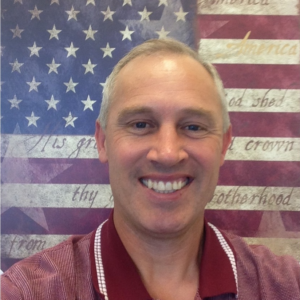
Principal, Duchesne High School
Educators agree that the biggest shift is that there is so much more engagement and ownership in learning by the students. They are more vested now that they get choice and freedom in the direction of their learning and the outcomes are outstanding. The focus on learning and understanding the content is preparing students for success no matter the learning model or educational system.
In a society where the options and pathways for the future are continuously expanding, it’s vital that we prepare learners to be thinkers and problem solvers. We need to give them projects that develop these skills and prepare them for the constantly evolving world we live in. The pandemic has taught us how vital it is to create more self-directed learners. Personalized Competency Based Learning prepares learners to blaze trails and have jobs that have never existed before and Mastery Transcript is a more holistic way of looking at how students learn and interact with people and the world we live in. For more on Utah’s PCBL initiatives, check out our conversation with Syd Young, who’d helped forge state partnership, or contact us to watch our Talkback Session with these forward thinking educators.
